NEWS
23 Policies Democrats Would Relentlessly Enforce If They Had Unlimited Power
Published
9 months agoon
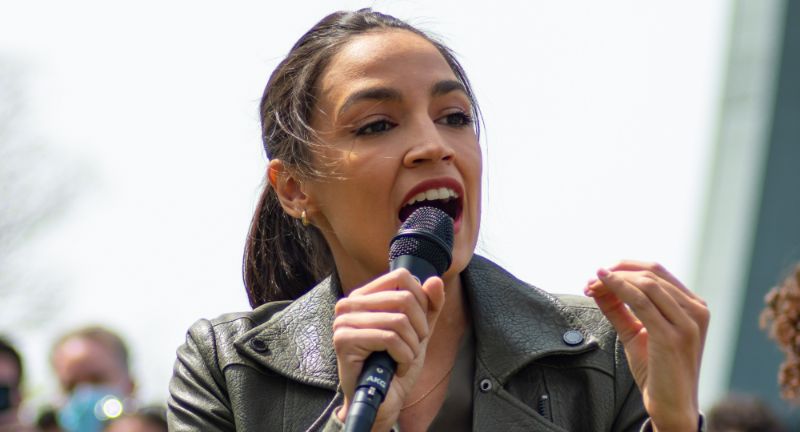
Shutterstock
Imagine a world where Democrats hold absolute power, reshaping the nation according to their vision. No more political gridlock or compromise—just pure, unfiltered Democratic policy. This scenario would bring dramatic changes to every facet of American life, from healthcare to education. Buckle up as we explore the bold, and sometimes controversial, policies that would come to life under total Democratic control.
Universal Healthcare

Shutterstock
Universal healthcare would be at the forefront of the Democratic agenda. This policy aims to provide comprehensive health coverage to all citizens, eliminating private insurance and reducing out-of-pocket costs. Proponents argue it would lead to better health outcomes and financial security for families. Critics worry about the costs and potential inefficiencies of a government-run system.
Green New Deal

Shutterstock
The Green New Deal would be a cornerstone of Democratic environmental policy. This ambitious plan seeks to address climate change through massive investments in renewable energy, infrastructure, and jobs. Supporters believe it would transform the economy and significantly reduce carbon emissions. Opponents argue it could be prohibitively expensive and disrupt current industries.
Free College Tuition

Shutterstock
Providing free college tuition is another key policy Democrats might implement. This would make higher education accessible to all, reducing student debt and opening opportunities for many. Proponents argue it would lead to a more educated workforce and greater economic mobility. Critics worry about the financial burden on taxpayers and the value of a college degree.
Expanded Social Security

Shutterstock
Democrats might push for expanded Social Security benefits. This policy would increase payments to retirees and ensure the program’s long-term solvency. Supporters believe it would provide greater financial security for the elderly. Critics argue it could strain the federal budget and require higher taxes.
Comprehensive Immigration Reform
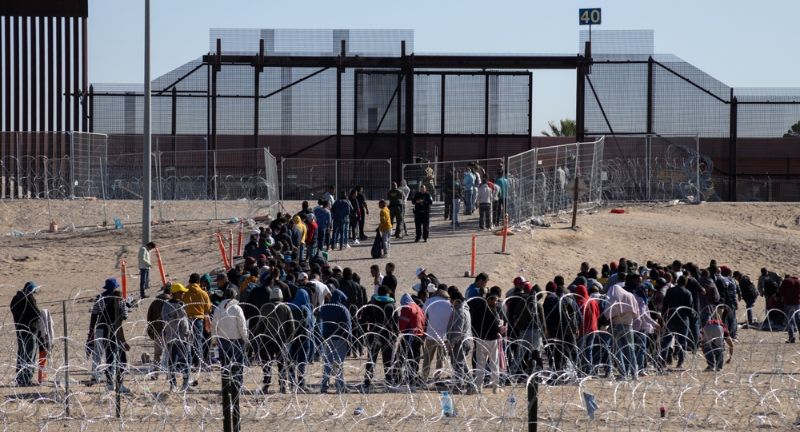
Shutterstock
Comprehensive immigration reform would likely be on the agenda. This policy would provide a pathway to citizenship for undocumented immigrants and improve border security. Advocates argue it would address humanitarian concerns and strengthen the economy. Opponents worry it could encourage illegal immigration and overwhelm resources.
Minimum Wage Increase
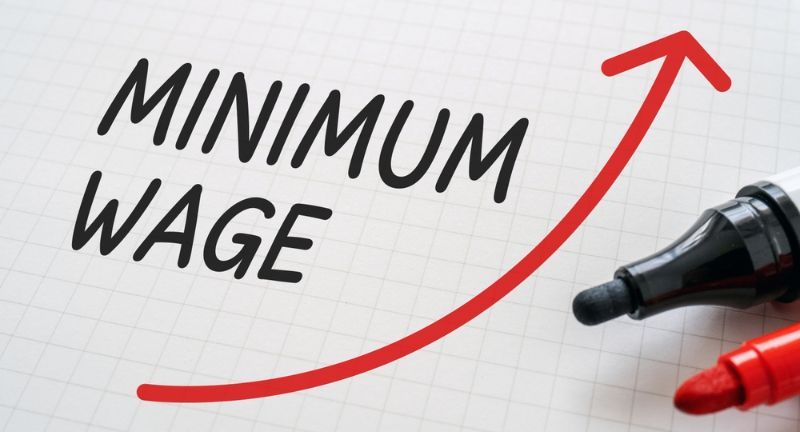
Shutterstock
Raising the federal minimum wage would be a priority. This policy aims to increase earnings for low-wage workers, lifting many out of poverty. Proponents argue it would boost consumer spending and reduce income inequality. Critics claim it could lead to job losses and increased costs for businesses.
Gun Control Measures

Shutterstock
Stricter gun control measures would be on the Democratic agenda. Policies could include universal background checks, assault weapon bans, and red flag laws. Supporters believe these measures would reduce gun violence and increase public safety. Opponents argue they could infringe on Second Amendment rights and be ineffective in preventing crime.
Paid Family Leave

Shutterstock
Paid family leave would be another significant policy. This would allow workers to take paid time off for childbirth, adoption, or family illnesses. Proponents argue it would support family stability and improve health outcomes. Critics worry about the cost to businesses and potential for abuse.
Universal Pre-K Education

Shutterstock
Universal pre-K education could become a reality. This policy aims to provide early childhood education to all children, regardless of income. Advocates believe it would prepare kids for school and reduce educational disparities. Critics question the effectiveness and cost of such programs.
Climate Change Mitigation

Shutterstock
Democrats would prioritize climate change mitigation efforts. This includes regulations on carbon emissions, investment in clean energy, and rejoining international agreements. Proponents argue these steps are crucial for environmental protection and sustainability. Opponents fear economic repercussions and energy costs.
Affordable Housing Initiatives

Shutterstock
Affordable housing initiatives would likely be expanded. This could include funding for public housing, rental assistance, and incentives for affordable housing development. Supporters believe it would reduce homelessness and provide stable housing for low-income families. Critics worry about the cost and potential for government overreach.
Voting Rights Expansion
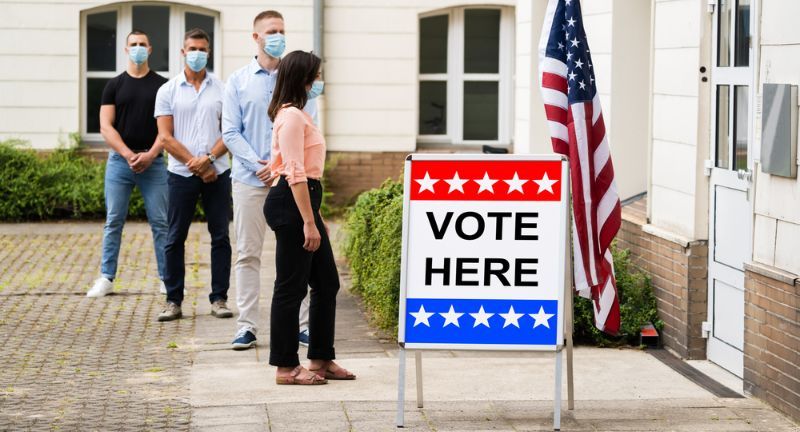
Shutterstock
Expanding voting rights would be a key focus. Policies could include automatic voter registration, extended early voting, and making Election Day a national holiday. Proponents argue it would enhance democracy and increase voter participation. Opponents fear it could lead to voter fraud and increased costs.
Criminal Justice Reform

Shutterstock
Criminal justice reform would be a significant policy area. This could include reducing sentences for non-violent offenses, ending private prisons, and improving police accountability. Supporters believe it would create a fairer justice system and reduce incarceration rates. Critics argue it could lead to increased crime and undermine law enforcement.
Medicare Expansion
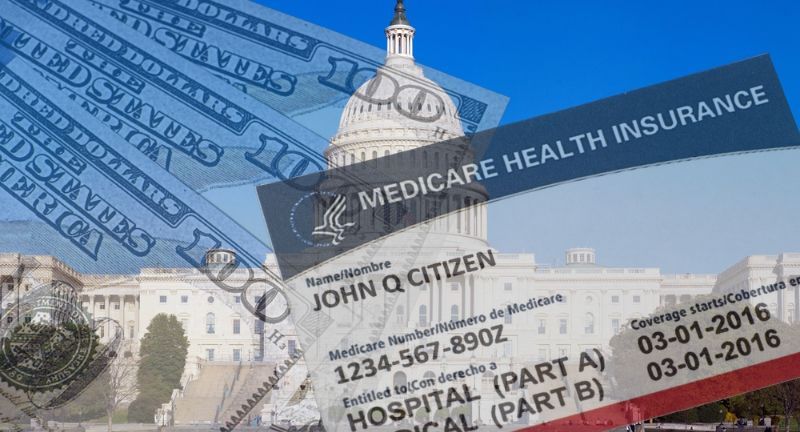
Shutterstock
Medicare expansion might be pursued. This policy would lower the eligibility age for Medicare and potentially include more services. Proponents argue it would provide better healthcare for seniors and reduce overall healthcare costs. Critics worry about the financial sustainability and impact on private insurance.
Net Neutrality Restoration
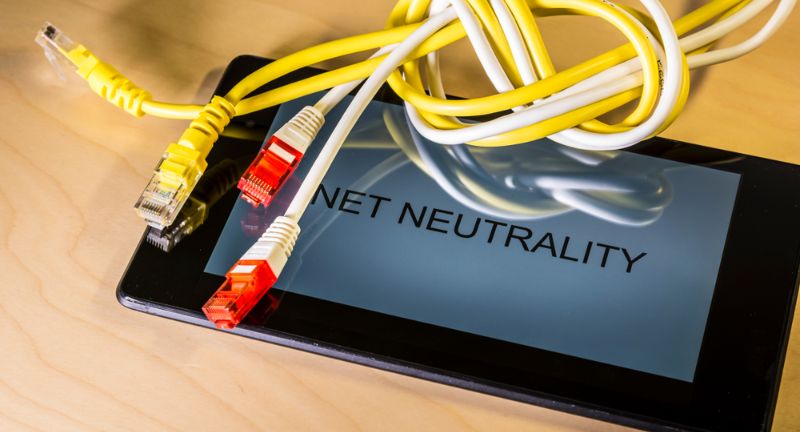
Shutterstock
Restoring net neutrality would be a priority. This policy ensures that internet service providers treat all data equally without throttling or prioritizing certain content. Supporters believe it preserves an open internet and protects consumer rights. Opponents argue it could stifle innovation and investment in network infrastructure.
Universal Basic Income

Shutterstock
Universal basic income (UBI) could be introduced. This policy would provide a regular, unconditional cash payment to all citizens. Proponents argue it would reduce poverty and provide financial security in a changing job market. Critics worry about the cost and potential disincentives to work.
Public Option for Health Insurance

Shutterstock
A public option for health insurance might be created. This would offer a government-run health insurance plan to compete with private insurers. Proponents believe it would increase competition and lower costs. Critics argue it could undermine private insurance and lead to increased government control over healthcare.
Infrastructure Investments

Shutterstock
Infrastructure investments would be a major focus. This could include funding for roads, bridges, public transit, and broadband access. Supporters believe it would create jobs and improve the nation’s infrastructure. Critics worry about the cost and efficiency of such large-scale projects.
Campaign Finance Reform
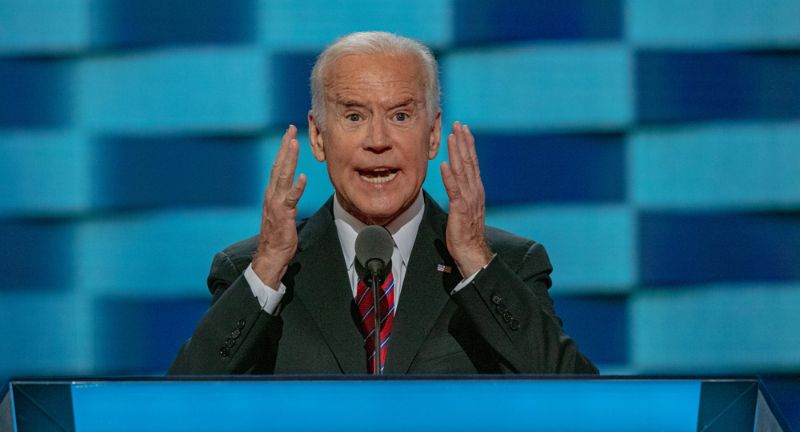
Shutterstock
Campaign finance reform would likely be pursued. This policy aims to reduce the influence of money in politics through stricter regulations and public financing of campaigns. Proponents argue it would create a fairer political system and reduce corruption. Critics worry it could infringe on free speech rights and be difficult to implement.
Tax Reform
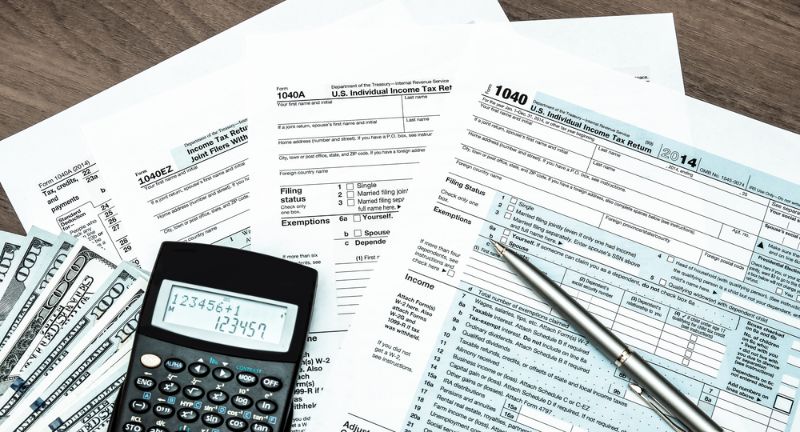
Shutterstock
Tax reform would be on the agenda. This could include higher taxes on the wealthy and corporations, as well as tax relief for middle and lower-income families. Proponents argue it would reduce income inequality and provide funds for social programs. Critics argue it could discourage investment and economic growth.
Environmental Protection

Shutterstock
Enhanced environmental protection measures would be enforced. This could include stricter regulations on pollution and conservation efforts. Proponents argue it would protect natural resources and public health. Critics worry it could harm businesses and lead to job losses in certain industries.
Labor Rights Expansion

Shutterstock
Labor rights would be expanded under Democratic control. This could include stronger protections for unions, higher safety standards, and better working conditions. Proponents believe it would empower workers and reduce exploitation. Critics argue it could increase costs for businesses and reduce flexibility in the labor market.
Technology and Innovation Support
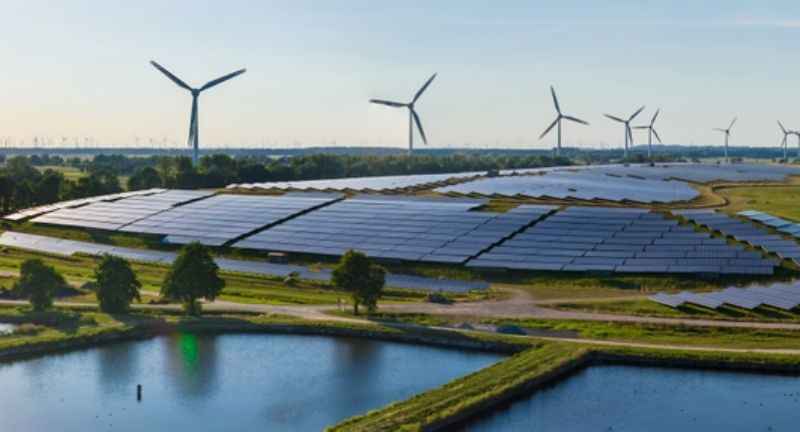
Shutterstock
Support for technology and innovation would be a priority. This could include funding for research and development, as well as incentives for tech startups. Proponents argue it would drive economic growth and maintain the country’s competitive edge. Critics worry about the effectiveness of government intervention in the tech sector.
Conclusion
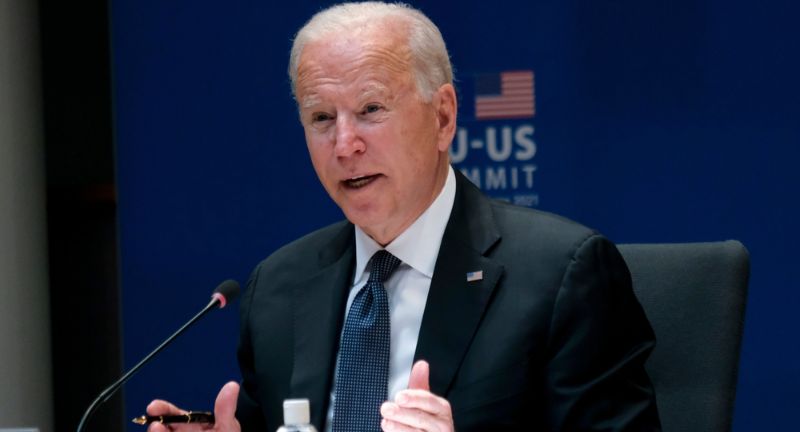
Shutterstock
If Democrats had unlimited power, the United States would likely see profound changes across numerous sectors. While some of these policies aim to address pressing social issues, they also come with significant challenges and debates. Understanding these potential changes helps us appreciate the complexities of governance. Whether these policies would lead to a better future or unintended consequences remains a matter of perspective and analysis.
Related Topics:

More From Financially+
-
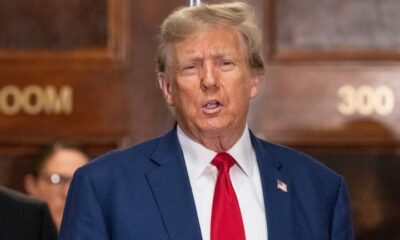

A Second Term Trump: What It Means for Social Security
-


26 Splurge Worthy Items That Are Truly Worth Every Penny
-


18 Staycation Ideas That Won’t Break the Bank
-
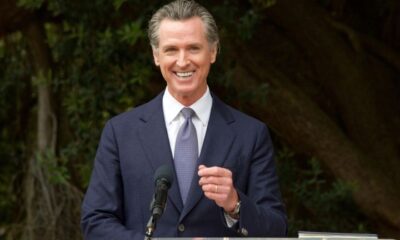

California’s Squatting Crisis Escalates, Drawing Critical National Attention
-


22 Traits That Make Employers See Gen-Z as Toxic at…
-


20 Reasons Why Liberal City Dwellers are Flocking to Idaho
-
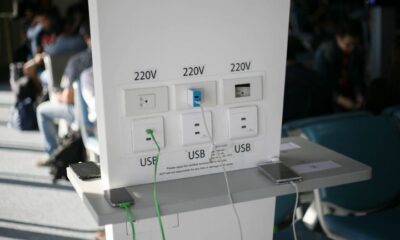

Beware: 10 Locations Where You Shouldn’t Plug in Your Phone
-


21 Modern Motives: Why More Women Are Choosing Child-Free Lives
-


25 Retirement Spots for Those Who Love the Great Outdoors